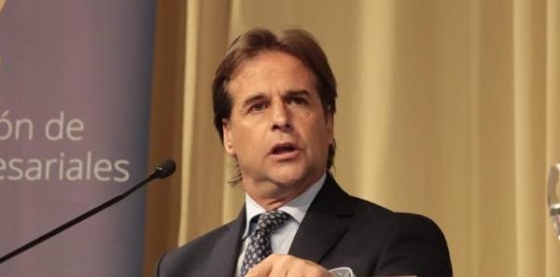
How Is Uruguay Avoiding the Worst of Covid-19?
A Latin America Advisor Q&A featuring experts’ takes on Uruguay’s successful response to the Covid-19 pandemic.
A Latin America Advisor Q&A featuring experts’ takes on Uruguay’s successful response to the Covid-19 pandemic.
A Latin America Advisor Q&A featuring experts’ takes on food insecurity in the region amid Covid-19 and the role of the government, the private sector and multilateral organizations in ensuring citizens have access to food.
CARI, el Consejo Argentino para las Relaciones Internacionales, organizó una conversación virtual entre José Octavio Bordón y Michael Shifter, donde hablaron sobre la política de Estados Unidos hacia América Latina, en especial hacia Brasil y Argentina, la actitud de Donald Trump hacia China y el funcionamiento del sistema político en…
On May 19, the Inter-American Dialogue hosted its first virtual forum for Dialogue members to discuss the implications of the Covid-19 crisis on Latin America and the Caribbean.
Has the coronavirus pandemic interrupted protesters’ momentum and hopes for social change in Chile?
How can innovation and technology be deployed in Colombia in education, health, financial services and other areas affected by the health and economic crises?
In just two months, the US death toll from the coronavirus pandemic has surpassed US casualties from the Vietnam War, and more than 30 million American workers have already applied for unemployment insurance. Against the backdrop of this devastating health and economic crisis, Trump is simply unable to show real leadership and has been unwilling to assume his share of responsibility for the calamity. As the US entered the worst phase of the crisis, his position on the pandemic has been notably incoherent and contradictory.
Is President Nayib Bukele right or wrong to stand his ground on the government’s tough coronavirus lockdown measures in El Salvador despite court rulings against them?
En esta entrevista con NTN24, Margaret Myers habló sobre el rol crucial de China en el combate del coronavirus en Latinoamérica, así como la “diplomacia de mascarillas” o “mask diplomacy” impulsada por este país.
On April 9, members of the “Group of Women Leaders, Voices for Change and Inclusion” called on the United Nations Security Council (UNSC) to address the Covid-19 crisis in an electronically signed letter. Amongst the notable signatories are Dialogue members Christiana Figueres, Rebeca Grynspan, and Susana Malcorra.
Are emergency measures to fight the coronavirus pandemic putting Latin American and Caribbean democracies at risk?
El titular de una de las instituciones más antiguas de Washington habló con Infobae. Considera que Alberto Fernández tuvo una reacción “rápida y admirable” ante el coronavirus, pero alertó que la Argentina está frente a “una enorme crisis económica” y que la región corre el riesgo de que la emergencia erosione las instituciones democráticas.
Future Chinese engagement with Latin America will be carefully justified on the basis of economic and/or political return on investment.
How can countries such as Honduras best guarantee food security in times of emergency, and what sorts of unanticipated disruptions could emerge in the food value chain as a result of government intervention in Honduras?
On March 26, the Inter-American Dialogue hosted a conference call with Congresswoman Donna Shalala (D-FL, 27). The discussion centered around the spread of Covid-19 in Latin America & the Caribbean and how the United States can work with international partners to combat the pandemic.
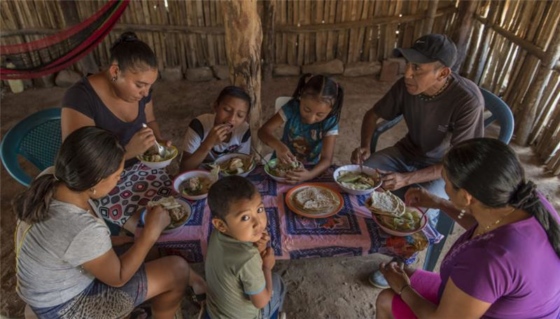
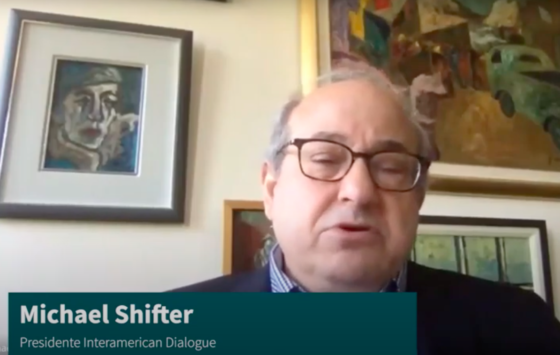 Video
Video
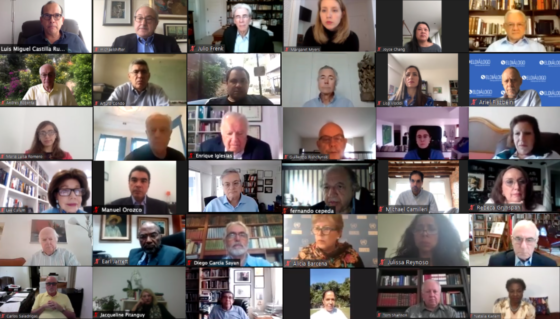
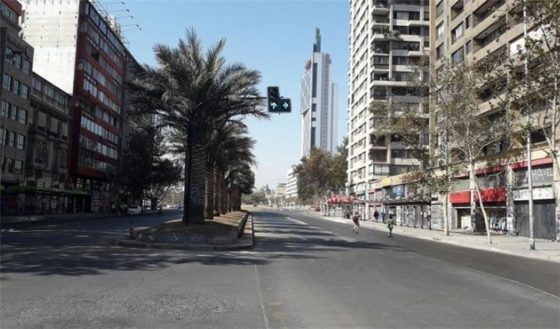
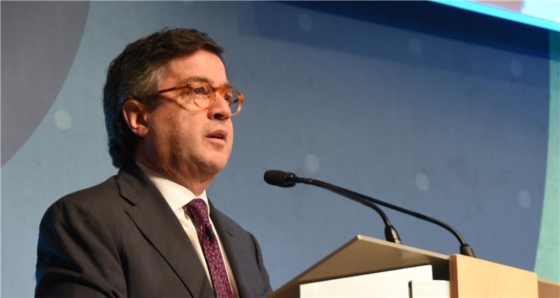
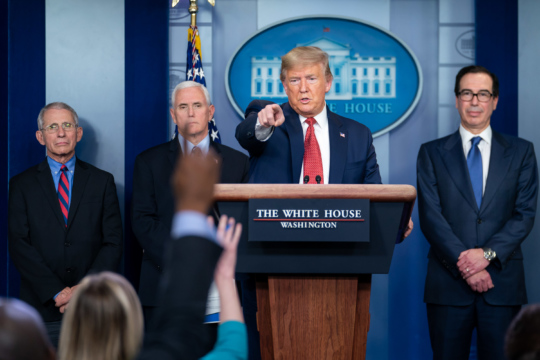
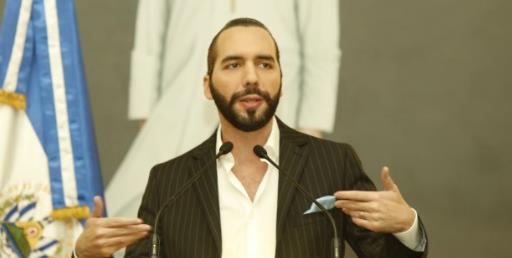
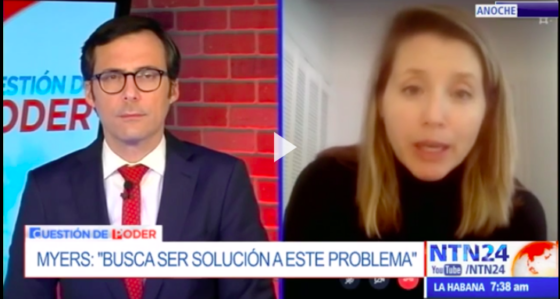 Video
Video
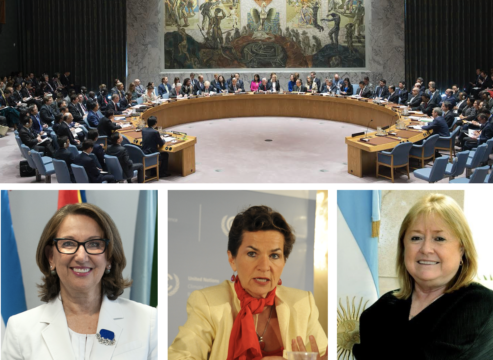
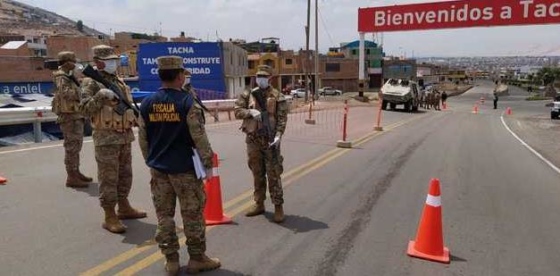
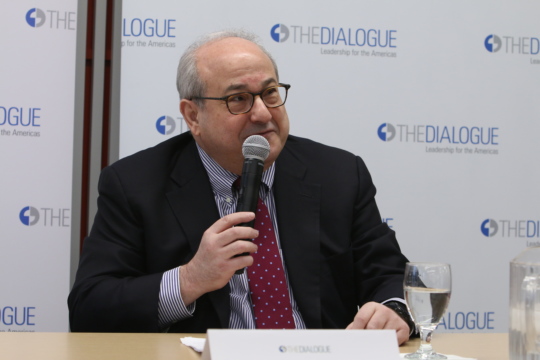
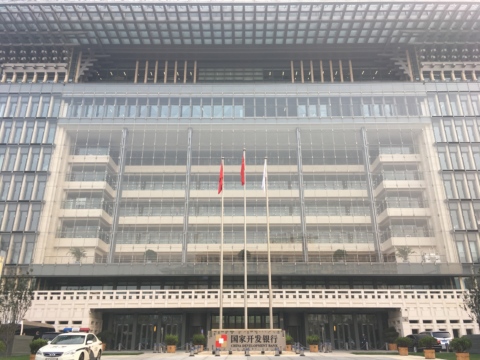
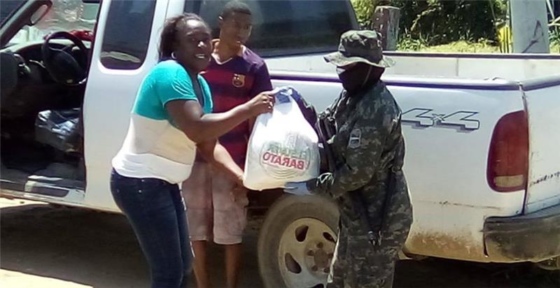
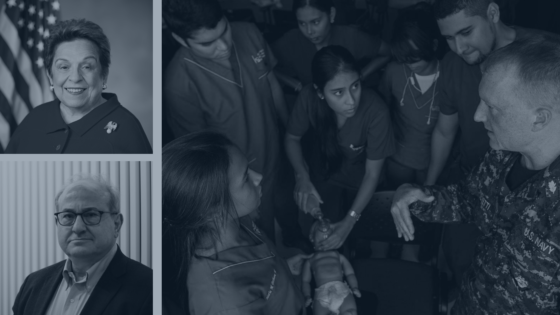 Video
Video